AMSJ spoke with award winning author and resilience expert Heidi Dening about the importance of resilience as we face COVID-19.
Please tell us a little about yourself and how you found the importance of resilience in your own life?
I am (usually) a keynote speaker and author of a best-selling book called ‘Her Middle Name Is Courage – How Self-Leadership Transforms Pressure into Performance, Chaos into Clarity, and Rage into Resilience’.
Right now though I am on a crusade to make sure organisations and their people are resilient enough to come out of these stressful, uncertain and changeable times. This is being achieved through my various digital education solutions.
The reason this is so important to me, is because unfortunately I have learnt the hard way what happens when you haven’t built enough professional resilience, leadership resilience and organisational resilience during a crisis.
You see about 20yrs ago, I started two organisations from scratch.
The first one was a health, fitness and education company that I began in my stinky garage with $200 worth of second-hand equipment. I grew it, hired fabulous people, won awards, moved to bigger and better premises 3 times, became president of the industry body and sold it 17yrs later for the price and terms that I had asked for. I had built an incredibly resilient and successful organisation in one of Australia’s most transient industries.
The second one was a not-for-profit in Vanuatu that positively impacted thousands of adults and children with literacy and girl’s empowerment projects. Unfortunately though, I had not applied all my tried and tested business strategies to this organisation, so when I was a victim of a violent crime and I needed to take some time off to recover from the PTSD, crippling insomnia, physical pain from the injuries and the deep levels of stress that I was experiencing, that company didn’t cope. It soon became apparent that it was not resilient enough to keep operating during my recovery time and I lost everything. 13yrs of hard and impactful work.
But, as we know, out of tough times, out of crisis, out of adversity, good things can happen.
And the hard lessons that I learnt from that experience have inspired me to support organisations and their people to build their resilience so they can navigate their way through a crisis. A crisis just like this one.
What’s it really mean to be resilient?
Resilience means you can recover from adversities, bounce back after setbacks and keep moving forward in a positive way. I like people to think about their resilience like a bucket and the water in that bucket representants all their strengths and capabilities.
When life is good, your bucket feels strong and sturdy and you are on fire. But when life gets a little wobbly (like now) our buckets become vulnerable, little rusty holes start forming, and all our strengths and capabilities start leaking out.
“When life is good, your bucket feels strong and sturdy and you are on fire. But when life gets a little wobbly (like now) our buckets become vulnerable, little rusty holes start forming, and all our strengths and capabilities start leaking out.”
At work we feel lethargic, can’t focus, make poor decisions, dangerous mistakes, get teary over nothing, cranky over nothing and forget to follow life-protecting occupational health and safety procedures. Work is hard when we are not physically and mentally at our best.
At an organisational level, when we start to get rusty holes in the buckets of our organisations, we lose our best people, waste hard-earned revenue, damage our brand, and miss profitable opportunities.
What do you see are the key challenges, particularly at this time, in being resilient?
We have had months of stress here in Australia. Crippling droughts, heart-breaking bush-fires, mini-cyclones and now a global pandemic. Many people are unaware of the impact that all of this is having on their resilience. Our body and brain does send us warning signs to let us know that things are a little off balance, but we often ignore those signs. It is actually why I created my Resilience Quiz (hyperlink – https://heididening.com/bucketquiz/) so people could check in and get an understanding of how all of these challenges are impacting them.
Are there any strategies that you could recommend for building resilience as:
An Individual:
- Be Still – the world feels like it is going mad. None of us could ever have predicted such a fallout. Stress levels are at an all-time high and this is why it is so important to take 10mins a day to just be still – sit in silence, do some deep breathing, listen to a mindfulness app, pat the cat, or soak up the sounds of nature.
- Move More – this does not have to be a full-out cross fit workout, it could just be a gentle stretch in your loungeroom. The key is to keep the body moving. Take the dogs for an extra walk or download a free fitness or yoga app and workout in your loungeroom.
- Laugh Out Loud – it is very easy to feel overwhelmed and scared and that’s why we must find a way each day to have a good giggle. Do you have a funny person in your life that you could have a 3min chat with? Luckily for me I’m married to a silly Irish Leprechaun who continuously cracks me up but if you can’t get yourself one of those, find yourself a funny person online. I personally LOVE Celeste Barbour and she certainly makes me laugh out loud every day.
A Leader:
- Be in Service – genuinely go out of your way to help people in your teams to cope. What are some little things you can do that could make a big difference right now? Could you:
- Help setup the technology that is now needed for someone who is not as technically advanced as you.
- Have an ‘R U OK’ conversation every day with someone in your team.
- Send out a link to an article that’s light and fun and will bring a moment of relief.
- Lead by Example – now more than ever you must be an excellent role model. You must walk your talk and be the leader that others look up to because of your calmness, smartness and vision for the future. Remember actions speak much louder than words so check in on how you are appearing to your team members. Make sure:
- You don’t verbally catastrophise about the current situation.
- You provide at least one optimistic view about the future situation.
- You proactively keep yourself healthy – display social distancing, handwashing and daily movement.
- Listen Intently – during these ever-changing and uncertain times, mastering the art of being present and really listening to the challenges, concerns, and stories of people around you will make a difference to their lives. What we know is that ‘being heard’ is something most of us want in this world. Make sure you:
- Don’t speak on the phone while scrolling through your emails.
- Check in regularly with your remote workers.
- Master the tech so you can have video meetings.
- Be Fallible – no one likes a know-it-all.
- It is OK for you to admit that you don’t have all the answers.
- It is OK to acknowledge that things are changing fast and that good decisions you make today could be the wrong one’s next week.
- It is OK that you say out loud that you are also concerned with this situation. People trust in leaders who are honest and transparent, but of course it is also your job to be calm and provide optimism and/or solutions whenever possible.
COVID-19 is challenging many in the mining sector with issues like separation from families or work, working from home or even in some cases loss of employment. What advice do you have for people in the midst of COVID-19?
All of these circumstances for the mining sector will cause high levels of stress, fear and uncertainty. Unfortunately, they are all out of our control. So, the only thing we can do is to focus on what we have control of that will help us to navigate through these tricky times. I have been advising people in the midst of COVID-19 to use the’ Keep, Stop, Start Methodology’.
What are you already doing that you know helps you to stay balanced? For example, walking the dog, yoga in the loungeroom, boxing in the garage, deep breathing before bed, playing board games with your kids etc. KEEP doing it.
What are you doing that you know is holding you back from being able to cope? For example, not enough alcohol-free days, too many hours of scrolling on social media, eating food that doesn’t nourish your brain and body etc. STOP doing it.
What do you need to start that you know will help you to stay on track? Cooking better meals, 30mins of movement each day, writing that book you have always said you would do, calling a friend who makes you giggle. START doing it.
“What we do know though, is that by improving the resilience of your organisation and your people, you are far more likely to successfully come through this COVID-19 crisis.”
What does the word ‘courage’ mean to you? and how do you sustain yourself in times of adversity?
Over the years, when people have asked me how I want to be remembered, my instant reply is that I want to be remembered as someone who is courageous. Someone who, despite many adversities, was able to pick herself up, dust herself off, learn from the experience, keep moving forward and empower others with the insights.
I have learnt so many important lessons from my different adversities (a paralysing illness where I lost use of my legs for 8mths, a gunpoint kidnapping, tsunami terror, and narrowly escaping being burnt alive when a petrol bomb was thrown at my room) and now the most important thing for me to do is to empower organisations and their people with the courage to keep moving forward through this current crisis.
During times of adversity, I follow my ‘Strong Resilience Bucket’ formula as have thousands of others through my keynotes, workshops and webinars where I have taught this methodology:
- Be Still daily – Sit outside and listen to the sounds of nature.
- Find Joy weekly – I turn up the music and get my groove on.
- Chill Out monthly – I spend hours on the couch immersing myself in a good book.
- Live Life quarterly – I plan a short getaway, so I have something to look forward to.
Looking into your crystal ball, how do you think COVID-19 will change the working environment across Australia? What do you see as positive opportunities and what do you see as the negatives?
I believe our working life will not be the same again and although change can be scary, it’s important for all of us to focus on the positives we will gain from this unexpected challenge.
Priorities – Being forced to strip back to the bare necessities of life will help us to reset and get a deeper understanding on what really matters. Right now, the safety of our people is first and foremost.
Connection – We will appreciate the importance that our social health plays on our happiness and engagement levels at work. As humans, we do crave interaction and connection. Loneliness has a direct impact on our physical and mental health, and I believe this period of isolation will teach us some incredibly important lessons about how to connect better with each other – professionally and personally.
Technology – We will all have learnt how to master technology so we can maximise our productivity and perform in ways we didn’t think possible. Of course, industries like the mining industry are different to so many others, as you can’t ‘do mining’ from your home office! But if we are to try and draw something positive from this it would be that while we are in this ‘in-between-state’ that we maximise our time and opportunity to update our professional development skills – the technical and non-technical by tapping into digital training programs.
Many of our readers are employed in managing work safety in large organisations. It can be challenging for some as they balance corporation needs vs the people safety aspects. Health & safety people push tough but important change agendas in organisations. Do you have any tips for them specifically?
Health and safety leaders know that changes they try to make in normal times will often cause various levels of stress throughout their organisation but right now when there are so many layers of fear, we need to tread lightly. People are struggling to deal with their financial changes, being separated from family members, being cooped up with family members, their concerns for the health of their ageing parents, home-schooling children, dealing with frustrating distractions while working from home, stressing about job security, and worrying about the world in general.
Of course, leaders are also dealing with the impacts of diminishing profits, supply-chain uncertainties, unpredictable investors and ongoing FIFO issues. Nothing is simple right now. But for health and safety people, I suggest the following 3 tips:
Let your team members know that you understand that they are feeling overwhelmed and that they feel like they have no control in their lives anymore. Use your EQ skills like you never have before.
Dig deep, listen intently and ask open-ended questions to find out what you can do to dissipate this stress and uncertainty. Your actions today will impact your reputation in the future.
Provide tools and strategies for building professional resilience, leadership resilience and workplace resilience so you can all navigate out the other end of this COVId-19 crisis.
There is no doubt that the mining industry has some very unique challenges and the ripple effect that these challenges are going to have are still unknown. To predict what will happen in a week, a month or a year is pretty difficult. What we do know though, is that by improving the resilience of your organisation and your people, you are far more likely to successfully come through this COVID-19 crisis.
PROFILE
Heidi Dening
Speaker & Author
Heidi Dening is an inspiring keynote speaker and author of a best-selling book called ‘Her Middle Name Is Courage – How Self-Leadership Transforms Pressure into Performance, Chaos into Clarity, and Rage into Resilience’. She is currently on a crusade to make sure organisations and their people are resilient enough to come out of these stressful, uncertain and changeable times. Since flipping her own adversities such as a paralysing illness where she lost use of her legs, a gunpoint kidnapping, tsunami terror, and narrowly escaping being burnt alive when petrol bombs were thrown at her room, she now empowers others to find the courage to keep moving forward after a crisis. Over the last 22 years she has started, scaled and sold an award-winning health, fitness and education business; founded an international not-for-profit with hundreds of volunteers across 3 countries; and delivered empowering presentations and programs at Accenture, Westpac, and Metcash to name just a few. Heidi was recently chosen for the NSW Government’s Inspirational Women showcase and has been awarded Westpac’s International Women’s Day Local Hero Award.
Website www.heididening.com
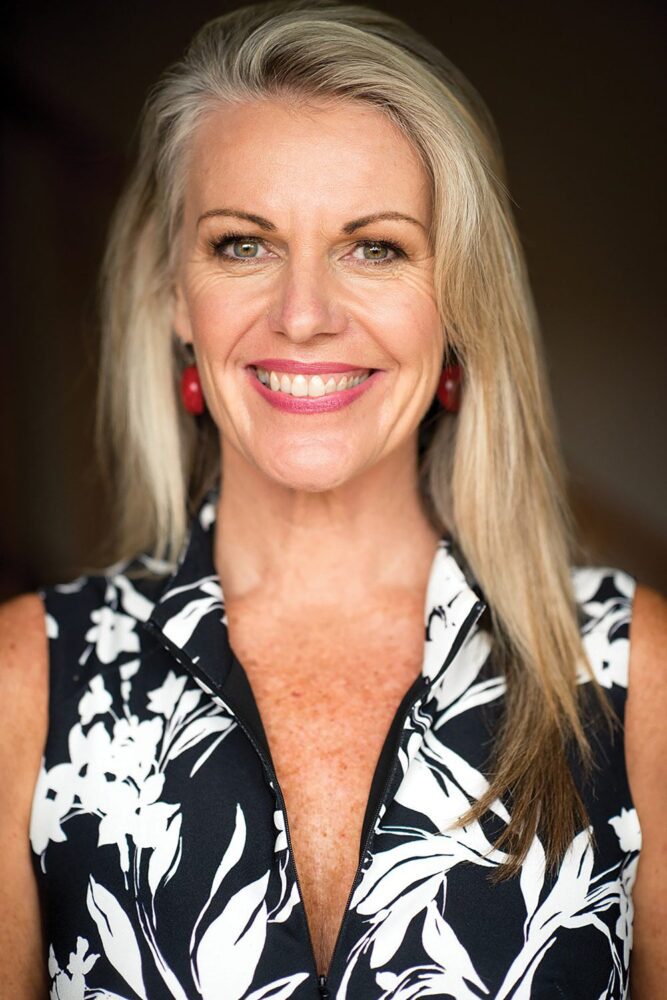


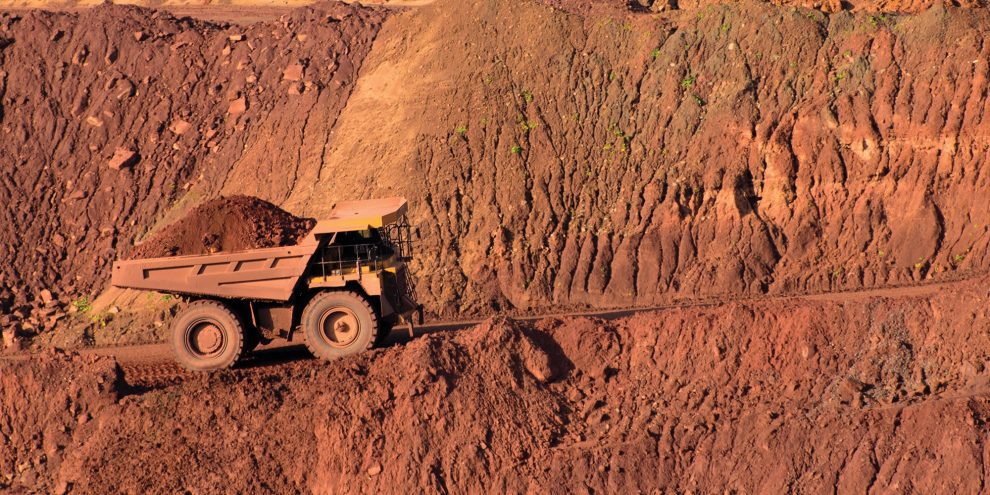
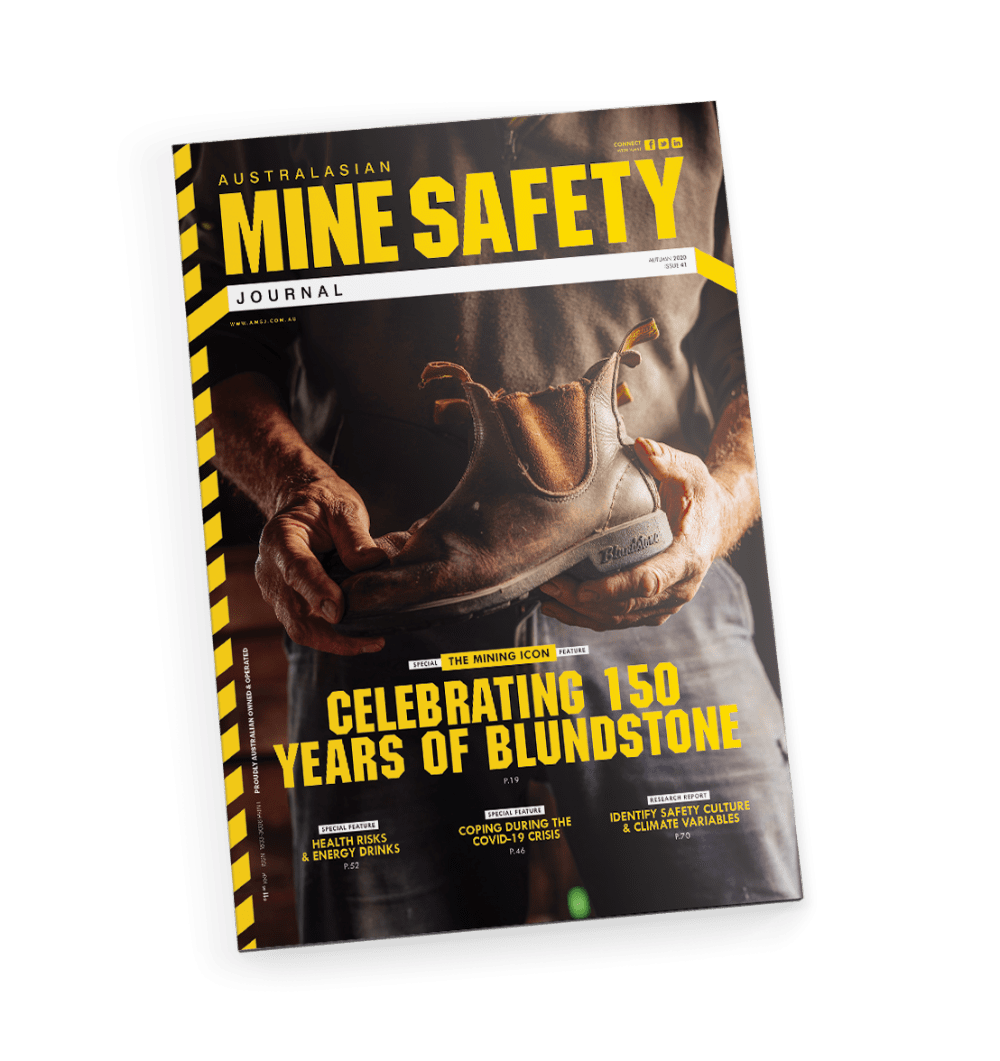
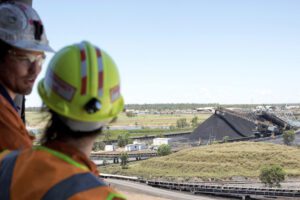

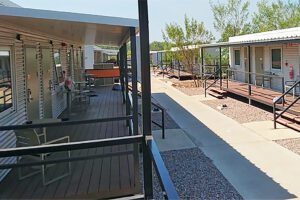








Add Comment